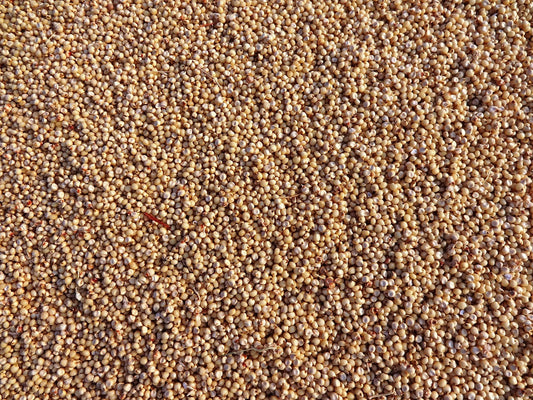In addition to allopathic treatment, essential oils can relieve eczema. Which ones should you use and how? Here's the recommendations of a naturopath.
For eczema at the hollow of the elbow, back of the knees, hands, wrists or ankles.
- To alleviate: lavender aspic essential oil contains linalol and camphor. It relieves the skins sensitized by the dryness and the irritation.
- To heal: palmarosa is antiseptic and promotes healing by sanitizing the lesions to restore a germ-free environment.
- To regenerate: rose geranium inhibits the inflammation and stimulates the synthesis of new keratinocytes. It promotes tissue reconstruction.
- To fight against inflammation: the essential oil of Roman chamomile calms the rednesses and the blisters. It also has an action on one of the possible causes of the eczema: the stress, by alleviating the anxiety.
- To relieve itchinesss: the essential oil of annual tansy acts like a local antihistamine. It calms itches and the reactions related to an allergy of contact.
Which vegetable oils to use for dilution?
Essential oils are often used diluted with vegetable oils as they act as emollients.
- Borage oil: thanks to its antioxidant vitamins (A and E), it helps limit skin aging induced by free radicals.
- Calendula oil softens, brings softness and elasticity to the skin.
- Calophylle oil is rich in fatty acids and reinforces the hydrolipidic film of the skin while nourishing the epidermis.
What precautions should be taken before using an essential oil?
Whether it is within the context of eczema or for any other pathology, before any use of an essential oil it is recommended to do a test path in the follow of the elbow or inner wrist to check for any allergic reactions. For epileptic persons, a medical opinion is absolutely necessary before any use.
Essential oils are not recommended during pregnancy and breastfeeding or for children under 6 years.




